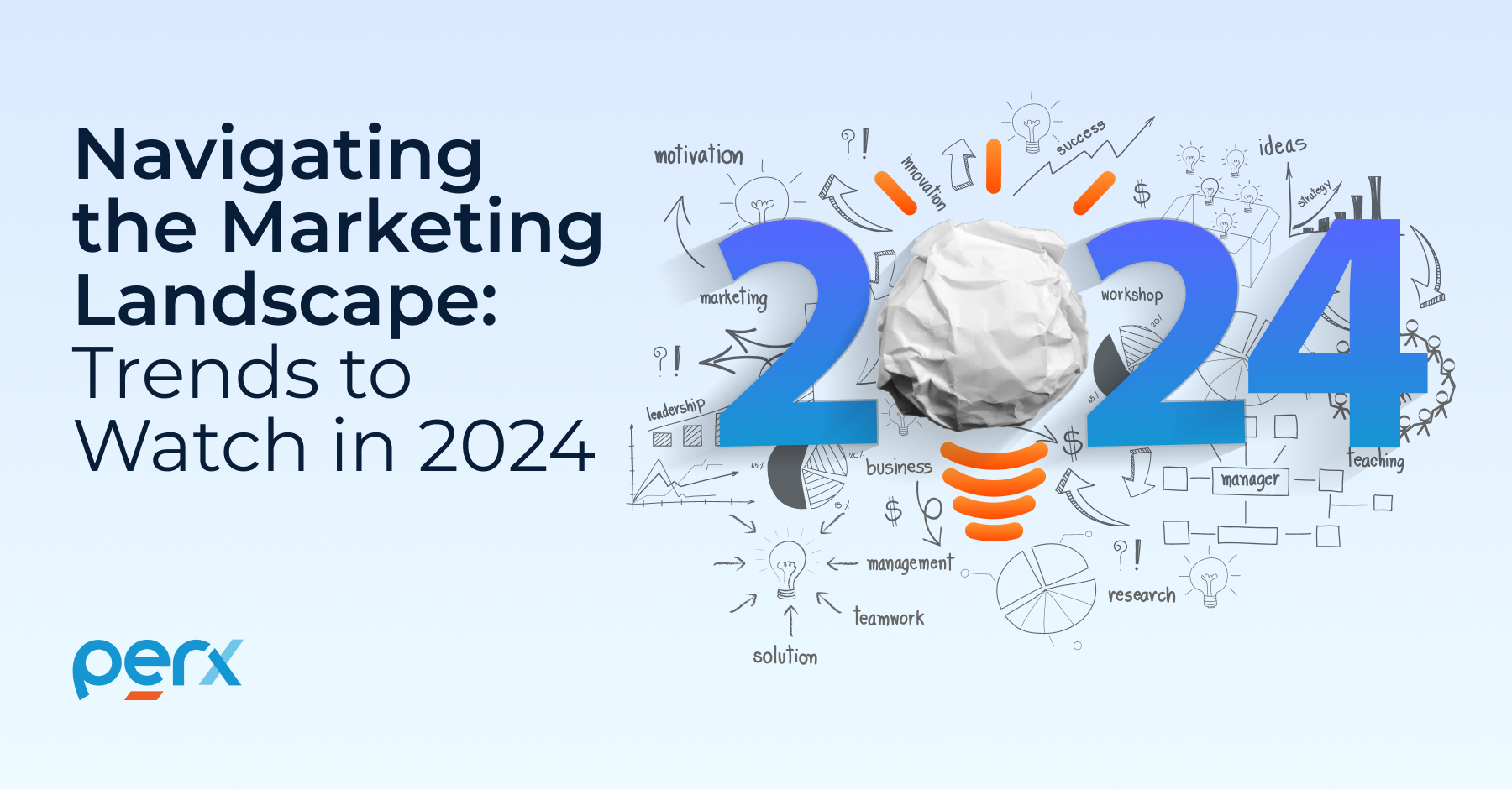You know what your customers want, what they’re interested in, and how they like to communicate. That is, if you’re using data effectively. But how can you turn that information from points on a graph into real-time actionable fuel for top line growth in loyalty and revenue generation?
The key lies in the kinds of customer experiences you create. In an era of constant digital communication between people and companies, having hyper-personalized and meaningful interactions with consumers is what stands out.
Surprise and delight your customers by proactively acknowledging and fulfilling their asks.
Building revenue and brand loyalty with personalization
One of the first points to understand about personalized customer experiences is that shoppers have come to expect this level of custom treatment.
McKinsey reported that personalization has moved from nice-to-have to need-to-have. People expect customized content, and they may devalue companies that don’t offer it. In retail, personalization can lift brand loyalty while lowering marketing expenses by 10-20%. Even in the grocery space, where companies deal with large customer bases and must launch all their programs at scale, a customized experience can lift sales by 1-2%.
Personalization is tied to a few of the other concepts that have powered retail in recent years, namely the increasing use of data and the development of effective rewards schemes for a brand’s most loyal shoppers.
McKinsey’s report added that personalized interactions aiming at customers who are already repeat buyers can drive powerful return on investment, at three times the rate of efforts that target all customers. From there, these customers repeatedly provide data as they return and interact with the company multiple times, making purchases or redeeming rewards. That information further fuels personalization and deepens the bond of loyalty.
Creating truly unique experiences with hyper-personalization
While companies have been using limited forms of customized outreach for years — segmenting their audiences and tailoring experiences based on interests and demographics — modern personalization is different. The era of hyper-personalization is here, where each individual has unique brand interaction experiences.
What’s the fundamental difference between doubling-down on segmentation and adopting real hyper-personalization? According to Deloitte, a real commitment to modern customized customer experiences means changing the entire way a business thinks about the customer journey and its relationship with its audience.
A hyper-personalized experience could start with a recommendation engine powered by advanced analytics categories, such as artificial intelligence (AI). This allows companies to create truly unique suggestions from each individual. From there, the use cases become more advanced, from personal pricing to products designed for a single person.
Example: Cadbury’s social media success
As a real-world example of its customer experience research, Deloitte reported that the confectioner Cadbury created highly personalized display ads based on customer data, provided with consent through Facebook. These custom marketing messages earned click-through rates of 65% and conversion rates just over one-third.
Probing the psychological link between personalization and brand loyalty
Personalization has the power to deepen the loyalty of existing shoppers and even, as in the Cadbury example, to win over new prospective customers. The key to getting these reactions, rather than making customers uneasy with the level of data companies are using, is to focus on positive experiences.
When personalization goes right
When are people most likely to willingly share their data and get customized experiences in return? According to PricewaterhouseCoopers, the key is to provide products or services that people truly value. In those cases, 63% of consumers are more willing to give companies personal information. This is significant, as 43% of people are generally opposed to data collection by businesses.
When a brand is closely aligned with a person’s lifestyle and interests, there is room to create a deep and lasting relationship. A customer who feels a brand appreciates them is willing to pay up to 16% more for that business’s services and goods, and will stay more loyal over time, according to the PwC data.
When personalization goes wrong
Just as there are companies that use customization effectively, there are those that make mistakes. Psychology Today noted some of the tactics consumers don’t like. Sometimes, a business can attempt to create a connection with audiences but fail, because they’ve gone too far. People who feel manipulated by a business, or who did not realize how much of their information a marketer has, may feel unhappy about losing control of their data.
While trying for a deep connection can backfire, so can shallow efforts at personalization. When a business makes a recommendation that is seen as stereotypical, that can drive customers away. The same goes for trying to give people information they already have. These surface-level efforts at customization don’t suit the preference for real understanding and mutual trust.
Taking customer engagement and personalization to the next level
How do companies get started personalizing their interactions with customers? A separate McKinsey report recommended that brands can begin their efforts sooner than they may assume. Rather than launching new efforts to organize or rethink data, businesses can use existing interaction data from their customer relationship management (CRM) systems.
Early efforts to personalize the customer experience should reach consumers through many different communication channels, rather than just one. There should be mechanisms in place for the business’s teams to collect real-time data on their new, personalized interactions and adjust on the fly based on their findings.
Personalizing customer experiences with Perx
If you’re hoping to join the many companies embracing personalization as a pillar of customer engagement marketing, Perx is the perfect customer engagement platform for you. Perx is a lifestyle marketing platform, meaning that customizing offers based on customer data is in the technology’s DNA.
The crux of the Perx customer loyalty management system lies in using data to generate rewards, experiences and interactions that will delight loyal customers. This, in turn, gives your organization further data to deepen your connection with your audience.
To see this cycle for yourself, request a demo.










